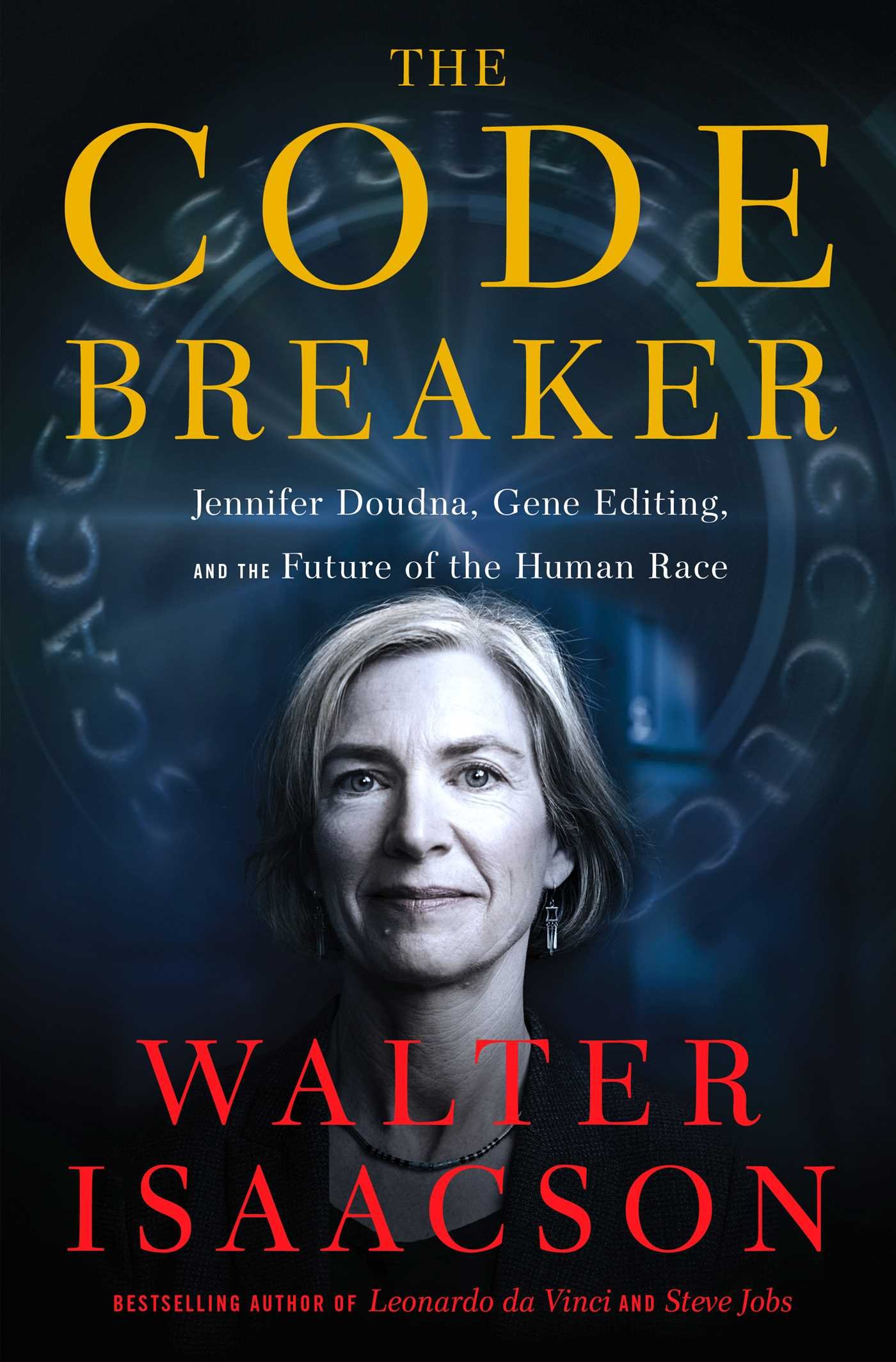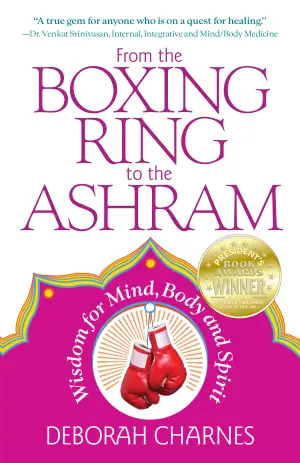An Engaging Journey Through The Code Breaker: Jennifer Doudna, Gene Editing, and the Future of the Human Race
In these past fourteen long months of isolation due to the coronavirus pandemic, I’ve found myself on a quest for understanding, grappling with ideas that seem to have implications far beyond my humble backyard. The release of The Code Breaker by Walter Isaacson quickly captured my attention, not just because of its gripping narrative about the brilliant scientist Jennifer Doudna, but because it dives deep into the very technology that has become a lifeline during this pandemic—gene editing.
Right off the bat, Isaacson enthralls us with a dual narrative: the story of Doudna’s journey as a scientist and the revolutionary discoveries of CRISPR technology. Like so many of us, Doudna faced her own challenges while navigating a male-dominated field, turning adversities into fuel for her ambition. I felt an immediate emotional connection, resonating with Doudna’s resolve to prove that "Girls don’t do science" was not only hurtful but also ultimately a challenge worthy of her attention. This deeply personal tale is interwoven with broader themes of ethical questions surrounding genetic engineering, making it both captivating and thought-provoking.
One particularly memorable quote from Doudna that stood out to me was, “Ingenuity without wisdom is dangerous.” This becomes a recurring motif throughout the book, navigating not just Doudna’s scientific triumphs but also the moral implications of her discoveries. Isaacson navigates through the rollercoaster ride of scientific discovery with a pacing that makes the nearly 500-page book feel like a page-turner, never dragging nor overwhelming the reader—nearly a feat when dealing with such intricate scientific concepts.
The writing style is approachable, effectively demystifying complex topics for someone like me, who admittedly has limited scientific knowledge. My journey through The Code Breaker was like a masterclass in RNA and CRISPR at times, where Isaacson expertly balances personal anecdotes with fascinating scientific history. I found myself engrossed not only in Doudna’s groundbreaking work but also in the ongoing debates around somatic and germline editing.
As I read about the fierce competition between Doudna and her peers, particularly Feng Zhang, it felt reminiscent of high-stakes sports. Who wouldn’t root for a team aiming to pioneer history? Yet, I couldn’t help but wonder how much of our human tendency toward competition can hinder collaboration on such vital research.
Ultimately, The Code Breaker isn’t just about science; it’s an exploration of what it means to be human in an age where technology can challenge our very essence. As I reflected on the ethical quandaries of germline editing—questions that literally kept me up at night—I felt an urgency to discuss them, to share in the conversation that this book so beautifully fosters.
In conclusion, I wholeheartedly recommend The Code Breaker not only for science enthusiasts but for anyone questioning the path we are taking as a society. This book sparked a deep introspection within me, a desire to engage in discussions about the moral compass guiding technological advancements. If you’re navigating the maze of understanding what CRISPR and gene editing mean for our future—especially in times like these—this book is a must-read. You might just walk away with a greater appreciation for the complexities of science and its potential to change our world.
For a deeper dive, you can check out my full review at peachybooks.ca, where you’ll also find a diagram explaining CRISPR technology and some inspired creations from my reading journey!
[ad_2]
Discover more about The Code Breaker: Jennifer Doudna, Gene Editing, and th… on GoodReads >>







